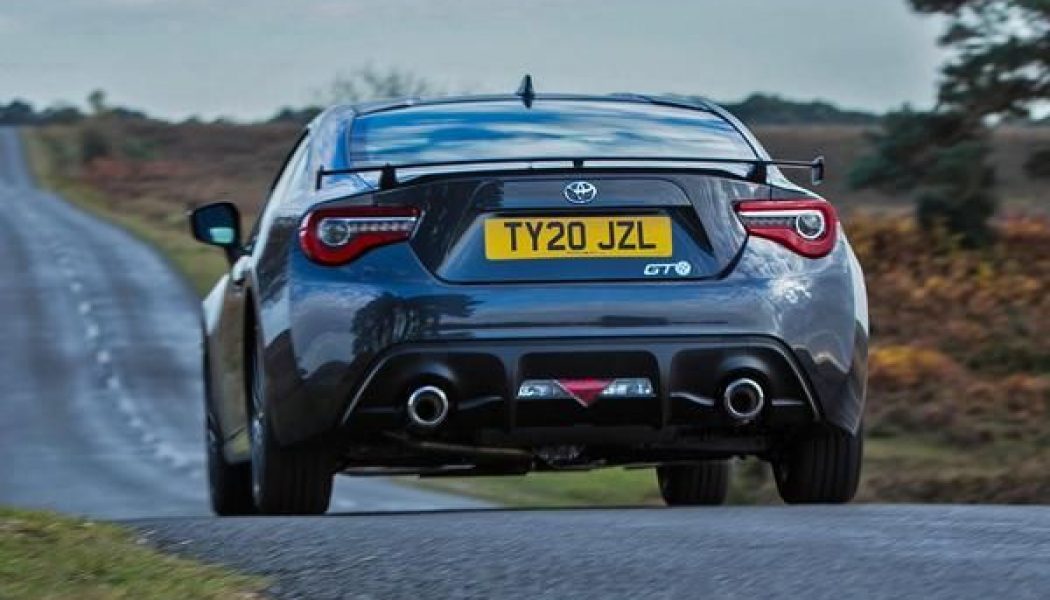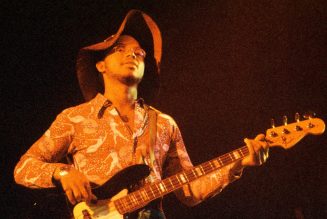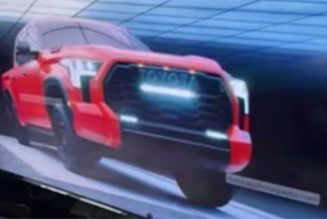Honda officially announced it will no longer supply power units to Formula 1 teams after the 2021 season. If you’re unfamiliar with the sport, a power unit is the car’s internal combustion engine, MGU-K unit (motor generator unit-kinetic), MGU-H (motor generator unit-heat), and other control systems. The announcement comes as a surprise, but the practical reasons behind it aren’t at all that shocking. Indeed, sharp observers of F1 might have suspected something was afoot when Honda, after its initial 5-year commitment to F1 expired last year, only committed at the time to signing up for another single year.
Formula 1 is incredibly expensive, and all the money Honda dumps into F1 research and development can no doubt be funneled into research and development for its passenger-car business. In its announcement, Honda said “the automobile industry undergoes a once-in-one-hundred-years period of great transformation,” and notes the company’s commitment to going carbon-neutral by 2050 was the main reason behind the decision to leave the sport. In other words, Honda is so all-in on developing non-gasoline powertrains, it concluded that the tens of millions of dollars it spends annually on F1 can be put to better use in pursuit of this goal.
Even though this represents a significant loss for F1—as Honda has been a major name in the sport on and off since the 1960s—consumers of Honda’s less racy products will likely benefit from it in the end. Honda said it’s going to use the money (and no doubt the lessons learned from what is an extremely technical sport) to R&D Fuel Cell Electric Vehicles and EVs. The only EV you can buy from Honda right now (in the U.S.) is the Clarity Electric, but expect that to change over the next few years.
The move leaves Formula 1 with just three power unit suppliers—Mercedes-AMG, Ferrari, and Renault. Not to mention the fact that in its most recent stint in F1, Honda has been largely unsuccessful. During the last two and a half years as the power unit supplier for Red Bull Racing and its junior team, Alpha Tauri (formerly Scuderia Torro Rosso), Honda-powered cars have managed to snag just five Grand Prix wins. Before that, Honda supplied power units for McLaren, and that partnership netted no race wins between 2015 and 2017. However, after an acrimonious split with McLaren and its switch to Red Bull, Honda quickly proved it was on the upswing. Thanks to Mercedes’ dominance in F1, its results might not look amazing on paper, but Honda along with Red Bull has recently been the only car/power-unit package able to remotely take the fight to the reigning champions.
A number of unanswered questions remain, including what Red Bull and Alpha Tauri will do for power units (F1 rules could compel Renault to supply them, as it will supply the fewest teams once Honda leaves), what projects Honda is going to spend the extra cash on, and how the lessons learned from F1 will change the company’s road cars. Not in question is the fact that Honda’s withdrawal from the sport once again marks the end of an era.










